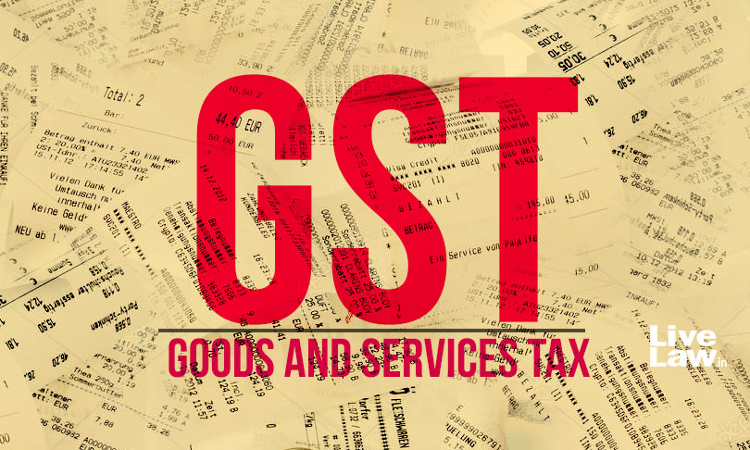The Kerala High Court has held that mere suspicion of mis-classification of goods cannot be the basis for a detention of goods under Section 129 of the Central Goods and Services Tax Act 2017.A single bench of Justice A Jayasankaran Nambiar held so referring to the Gujarat High Court in M/s Synergy Fertichem Private Limited v. State of Gujarat and earlier decisions of the Kerala High Court in...

